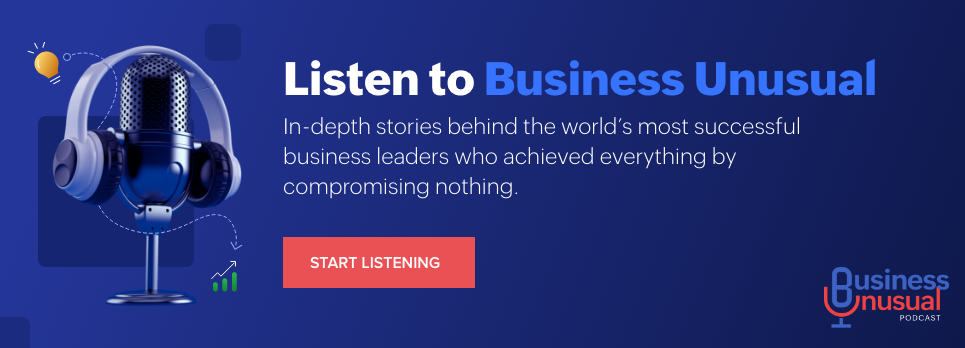Recommendation: Make trust the most important KPI

Trust is an asset. It's what brings customers back, and it's what makes them willing to try new products or services. It directly translates to more spending with better margins. But unlike physical assets, trust can't be bought; it can only be earned. Which is why it needs to be managed and measured like any other critical infrastructure or operating assets.
That means making trust a strategic consideration visible across the enterprise. Teams can identify what activities build trust starting initiatives to foster that "trust equity." Of course, "Trust" can't be distilled down to a single metric. Rather, it's going to be visible within other customer-focused KPIs like expansion revenue and reference customers. By tracking these indirect signs of customer satisfaction, teams can identify opportunities for building trust.
Recommendation: Change how teams think about data

For companies to benefit from what AI and predictive analytics can do, they need to reimagine their data strategy by changing how data is delivered and used. Instead of just turning to data for answers, employees must conceive of data as an advisor or decision-making partner. The data itself might appear through an analytics tool embedded in a system they already use. As an example, a finance and accounting system may uncover patterns in receivables that could allow a finance professional to tie them to changes in interest rates and thereby predict potential shortfalls, or even delinquencies. This turns artificial intelligence into active intelligence that can meaningfully capitalize on human experience and the improve the quality of decisions.
Recommendation: Move from customer support to customer success

Robust customer success programs are one of the best ways of fostering customer-centric organizations. That's because good customer success programs are the result of a deep, empathic understanding of the customer experience. They force teams to think about where they are falling short and identify what would most benefit their customers at every step of the journey. And because they create so many new communication opportunities, these programs help teams identify the causes of churn and strategies to prevent it. By expanding Voice of the Customer programs and capturing NPS data across every stage of the lifecycle, organizations can easily introduce more customer-centricity without introducing a lot of friction.
Recommendation: Bridge the skills gap

Businesses everywhere are struggling to source talent. This isn't likely to change, so that means organizations need to change their approach. Instead of hiring new employees with digital literacy, companies would be far better served by upskilling their current workforce first.
This approach offers a lot of practical and financial benefits. By introducing data literacy tools and programs to the current workforce, businesses can leverage the existing "soft skills" that have already proven successful. The result is improved on-the-job performance and reduced turnover. Organizations that invest in this reskilling get the best of both worlds; they have employees who can use data to make decisions within the organization's cultural context.
Recommendation: Build more resilient processes and approaches

Resilience with agility is probably the most important quality an organization can develop. Given that we are in the age of disruption, being able to pivot quickly and successfully is key for sustainable business. Whether you're making your service delivery process more resilient by investing in a geographically diverse supply chain or using real-time, contextual customer data to build a more agile operating model, focusing on more timely and adaptable systems will yield long-lasting success in the new year and beyond.
Zoho offers a suite of intelligent enterprise business software, including an award-winning CRM suite, the industry's only comprehensive analytics and BI platform, and a powerful low-code development ecosystem.

